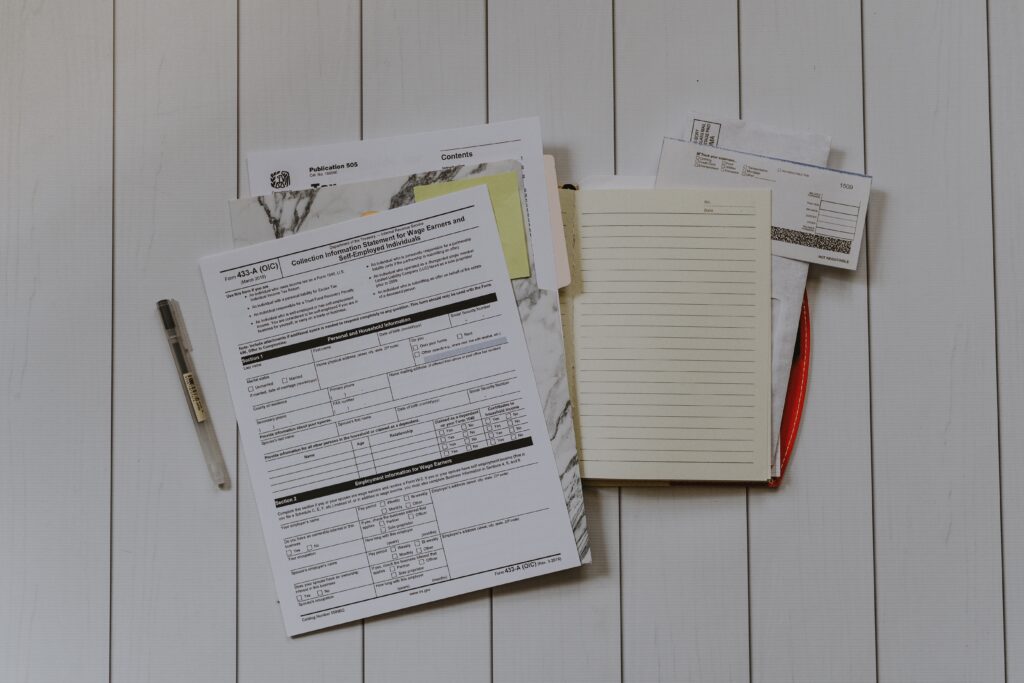
To achieve their missions, nonprofit organizations receive revenue through individual donations, memberships, and federal funding. However, government funding comes with distinct compliance requirements for nonprofits. If your nonprofit receives federal aid, it may be subject to a single audit. In this article, our team at Assurance Dimensions hopes to provide you with tips to meet single audit requirements.
Basic Information About Single Audit Requirements
Nonprofit organizations that are non-federal entities and expend $750,000 or more in federal funds during a fiscal year are required to submit a single audit. As part of the single audit requirements, a third-party independent auditor or certified public accountant (CPA) must perform the single audit. The single audit is submitted to the Federal Audit Clearinghouse (FAC) within 30 days of receiving the auditor’s report or 9 months after the end of the fiscal year for the nonprofit. Lastly, the not-for-profit organization (NFP) must make the audit report available to the public.
Understand Federal Funding and its Compliance Requirements
There are several ways a nonprofit entity can receive federal funding, such as directly from a federal agency or through an entity at the Federal level, including state or local government agencies. Other types of government funding include grants, cooperative agreements, property donations, direct appropriations, food commodities, loan and loan guarantees, and interest subsidies.
Furthermore, charitable organizations must stay up-to-date with the latest federal guidance and revisions issued by the Office of Management and Budget (OMB). The OMB Uniform Guidance provides information about the “administrative requirements, cost principles, and audit requirements for federal awards” issued to nonprofits.
Implement Strong Internal Controls
Administering robust internal controls is fundamental for nonprofits to meet single audit requirements and show they are complying with federal statutes and awards requirements.
As such, nonprofits need to establish and maintain effective financial management systems that will show reasonable assurance.
Prepare Comprehensive Financial Statements
Single audits cover the financial operations of the entire nonprofit and are much more detailed. As such, not-for-profit entities should prepare accurate and comprehensive financial statements that comply with the Generally Accepted Accounting Principles (GAAP). The financial statements should include assets, liabilities, revenues, expenses, and changes in net assets. Having well-prepared financial statements simplifies the single audit process and demonstrates transparency while following federal compliance.
Hire a Qualified Auditor
An essential single audit requirement nonprofits must do is hire a qualified CPA auditor with demonstrated experience in performing nonprofit audits and single audits. Qualified auditors will have the education and expertise required by Government Auditing Standards (GAS) and stay up-to-date with federal regulations.
Duties After A Single Audit
During the single audit process, auditors perform a comprehensive examination of the NFP to ensure federal awards are used in compliance with the appropriate guidelines. Auditors may identify issues or make recommendations to improve compliance and internal controls. Nonprofits should use this information to prepare a corrective action plan, if applicable. It will demonstrate a commitment to federal compliance and strengthen the organization’s financial management practices.
Meet Single Audit Requirements with Assurance Dimensions
Assurance Dimensions understands federal aid and how important it is for nonprofit organizations to adhere to Federal regulations. Our team of independent auditors has the industry expertise to prepare single audits for nonprofits. Contact us today to learn more about our nonprofit audit services.

